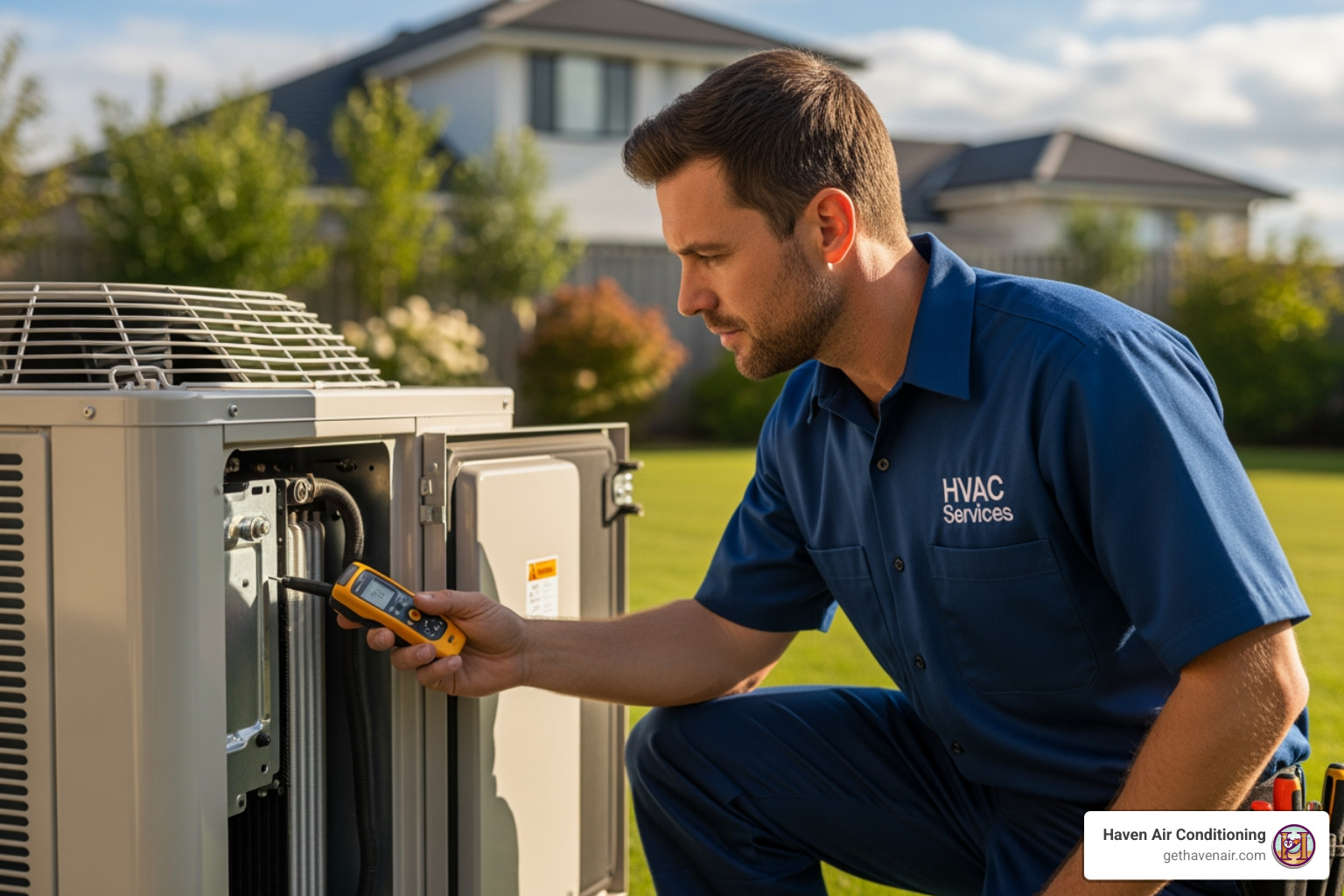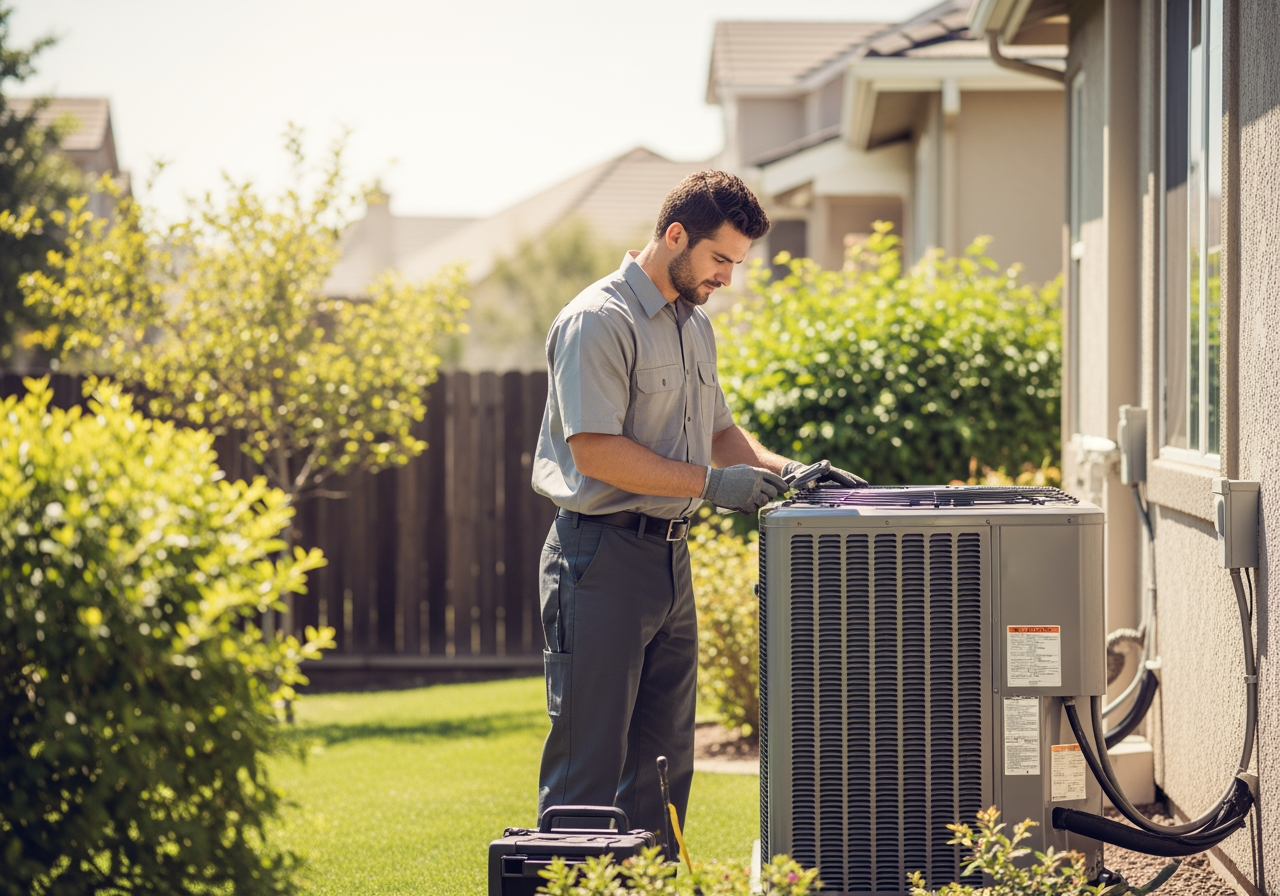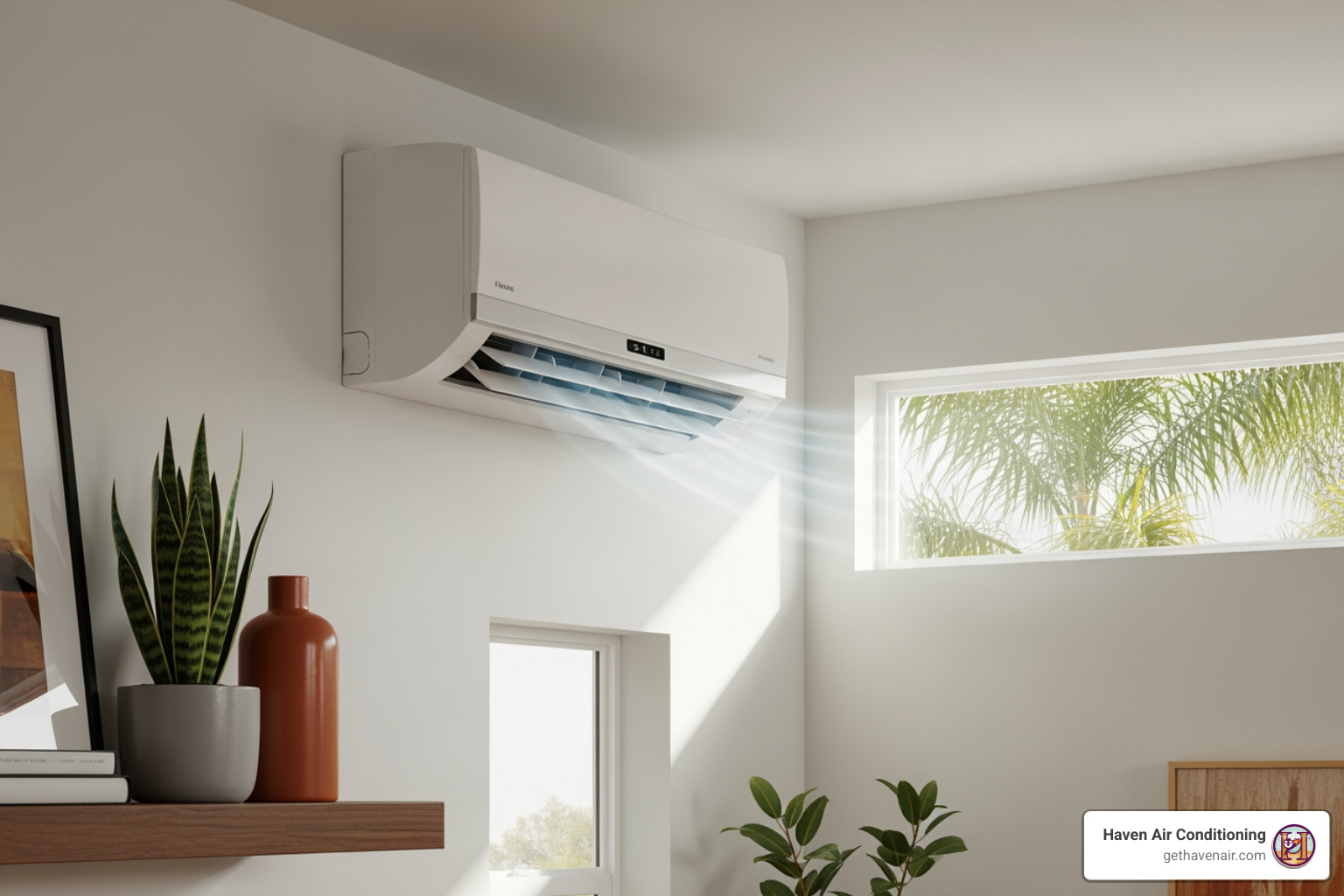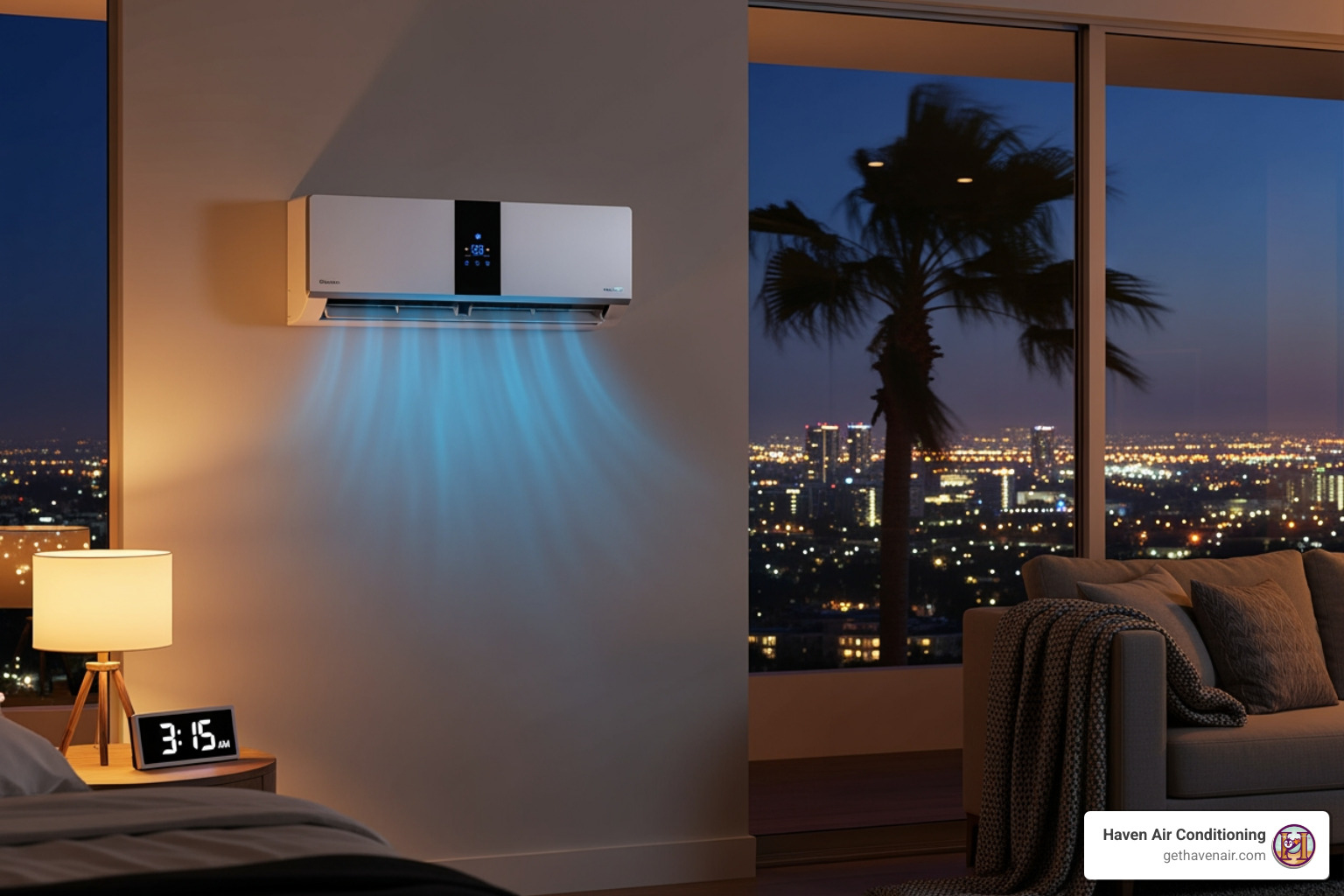Do you have a new HVAC system installed in your home? Or does your current system need repair?
If you answered yes to either question, then it’s important that you know the details of your HVAC warranty. Understanding HVAC warranties can help you save money in the long term and ensure you’re covered if something goes wrong with your heating and cooling system.
In this article, we’ll take a closer look at how HVAC warranties work, what they cover, and what you should expect from a typical HVAC warranty. Read on to learn more.
What Is An HVAC Warranty?
An HVAC warranty is an agreement between you and the HVAC company that guarantees certain parts of your heating and cooling system will be covered in case of any repairs or replacements.
Most warranties come with coverage against damage or defects caused by mistakes made in your HVAC system’s installation, maintenance, or design processes. The length and extent of coverage vary depending on the manufacturer and type of warranty.
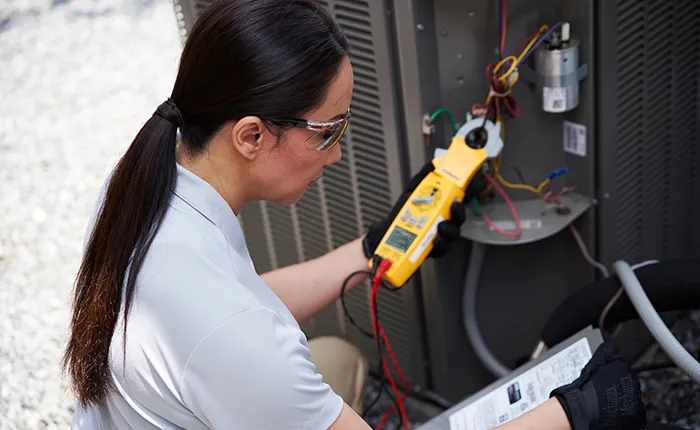
The main purpose of an HVAC warranty is to provide peace of mind by ensuring that if any issues arise with your system during the covered period, you won’t have to bear all the financial burden. Instead, responsibility falls on the manufacturer or dealer to handle repairs or replacements for faulty components.
When shopping around for an HVAC system, It’s important to read through and understand the types of coverage provided by different HVAC warranties before making a purchase.
Types Of HVAC Warranties
HVAC warranties fall under two categories:
- Manufacturer parts warranty
- The contractor provided a labor warranty
Manufacturer Warranty
The manufacturer parts is a limited warranty that covers equipment and parts for a period of 1-12 years depending on the manufacturer. Most manufacturers include a 10 year limited parts warranty. Note that in order to receive the full parts warranty term registration is often required.
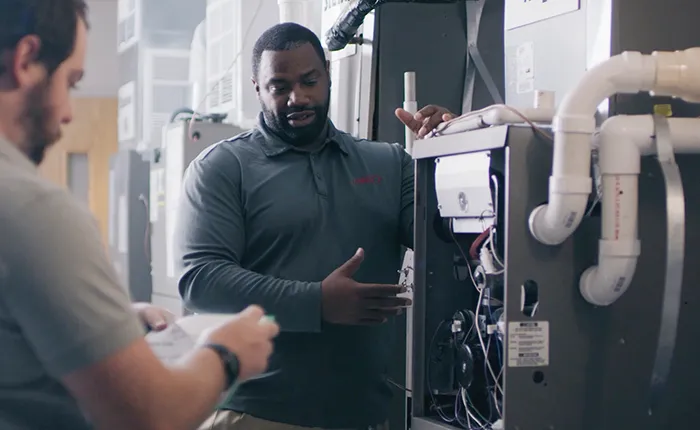
A manufacturer warranty is a legally binding promise made by a manufacturer to the purchaser of their product, in which the manufacturer guarantees that the product will be free from defects in material and workmanship for the stated warranty period. The warranty provides the buyer with the assurance that the product will perform as expected and that the manufacturer will furnish replacement parts for failed components, not resulting from improper use or poor installation practices for the duration of the warranty period.
The warranty will have specific terms and conditions, including duration, maintenance requirements, what is covered and excluded, the warranty cost, and what recourse is available if there is a problem.
Installation Warranty
The installation warranty is typically one year during which the installing contractor is legally required to address any failures at no cost to the client. The legal requirement depends on the state you reside in. It is important to contract with a reputable service provider that has a proven record of customer service and can, and is willing to, address warranty claims in a timely manner. An unwillingness to address required system repairs or failures often results when projects were underbid and/or the contractor does not have the resources to complete the required repairs.
An HVAC labor warranty, or else HVAC installation warranty, is designed to cover various components associated with labor costs that can occur throughout ownership. In particular, it ensures that the installers did their job well and that you have a device that works properly.
Installing any part of an HVAC system is critical because if it is not done correctly, the system will struggle to perform its duties, leading to unsatisfactory performance and disappointment.
Extended Labor Warranty
With an extended labor warranty, your coverage is extended beyond the original 1 year legally required term. So if any repair needs pop up after their provided coverage expires, you are still taken care of. You can buy the extended warranty for an additional cost at the time of purchase or within a specified period after the original purchase.
Be sure to read the fine print of any extended warranty you purchase, as it will contain different terms and conditions than the manufacturer’s warranty.
Labor warranties are typically provided by 3rd providers,like AIG for example. Be aware that there are many different coverages available, and that some of the minimum coverage options do not have much value. In other words, their reimbursement allowances are so low that their reimbursements do not cover much of the claim and you will have to come up with most of the repair costs out of pocket.
Make sure to ask the service provider how they will handle warranty claims, what is covered, and what type of out-of-pocket expenses you can expect in the case of a required repair.
Most extended labor warranties also require that the manufacturer’s maintenance requirements are met and documented for their review in case of a claim.
Homeowners Insurance
This is not a warranty on air conditioners, but it is worth mentioning. Homeowners insurance can be a great safeguard to help protect your HVAC investment from unforeseeable events, including:
- Lightning striking your unit or
- A tree branch crashing down
- Fire, windstorms, or hail.
It’s important to note that regular wear and tear with age is not included.
Home Warranty
A home warranty is a service contract that covers the repair or replacement of major household systems and appliances. Unlike homeowners insurance, which provides coverage for damage or loss due to specific perils, a home warranty is designed to provide coverage for normal wear and tear and breakdowns resulting from normal usage.
What Does An HVAC Warranty Usually Cover?

When considering installing an HVAC system, it’s essential to understand what the different types of warranties covers. Typical types HVAC warranties y includes:
- Manufacturer Parts Warranty: This warranty covers equipment parts for a specific stated period of time. It does not cover any labor expenses resulting from the required replacement of the covered parts.
- Installation warranty: Covers both parts and labor for the units involved for a specific term, typically one year.
- Extended Labor Warranty: Cover labor costs of qualifying repairs for a specific term. The reimbursements depend on the type of plan that is chosen. Depending on your particular warranty, there may also be coverage for additional components like compressors, condensers, evaporators, and other related parts.
- ‘Bumper-To-Bumper’ Warranties: These are the best type of warranties as they cover 100% of any system repairs required. This type of warranty is offered by the service provider and is usually linked to an ongoing service agreement. Only the highest level of service providers, with a proven track record, typically offer all inclusive labor warranties with their installations.
- Satisfaction Guarantee: Some companies offer money-back guarantees if their product does not satisfy the client and the installation can not be rectified within a certain amount of time after purchase.
What Does An HVAC Warranty Usually Don’t Cover?
- Maintenance items that should be changed during regular maintenance.
- Certain parts, like sheet metal (yet these items may be covered in some instances).
- Damage caused by natural disasters such as flooding, fire, lighting, etc.
- Ownership change
What Voids An HVAC Manufacturer Warranty?
This can vary from manufacturer to manufacturer, so check the terms of your particular AC warranty carefully. Some common factors that may void an HVAC warranty include the following:
- Improper installation from an unlicensed technician.
- Neglect of regular maintenance (check-ups, filter changes, etc.).
- Using the wrong parts and components for repair or replacement.
- Misuse or abuse of the unit.
HVAC Labor Warranties – What To Expect From Your Local HVAC Company?
The labor warranty should be a key consideration when deciding which local HVAC company to choose. Fortunately, Haven Air Conditioning provides excellent labor warranties that meet and exceed the manufacturer’s parts warranty. This gives customers peace of mind knowing their system is in good hands if any problems arise in the future.
To further enhance customer experience, Haven Air’s own ‘rapid-response’ warranty department performs all warrantied work in-house – meaning repairs are performed quickly with no hassle. The equipment for repairs is also of the highest quality to ensure all work meets or exceeds industry standards.
How Long Does An HVAC Warranty Last?
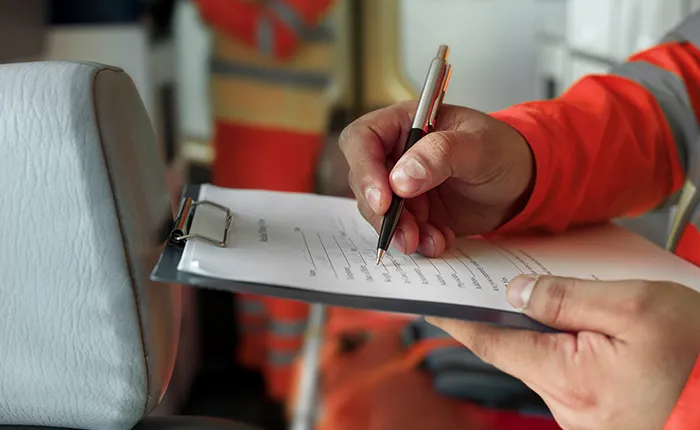
Regarding HVAC warranty lengths, the short answer is that you should expect a standard 105-year parts coverage on your system with registration. This applies to most equipment manufactured by companies such as Mitsubishi, Lennox, Rheem, and more, regardless of whether it’s a original installation or a replacement system.
Do I Need To Register My HVAC System To Activate The Warranty?
It is indeed important to register your HVAC system to activate the warranty that comes with it. Failing to take action within a specific period specified by the manufacturer can result in a warranty period and no longer being eligible for benefits. The manufacturer often requires registration within a certain period, such as 60 days from installation, for you to claim the benefits of their equipment warranty. Knowing this, it’s important to take action and register as soon as possible, so you can reap all the benefits provided by the manufacturer. Quality service providers will perform all warranty registration for the client as part of the installation package.
How To Make The Most Of Your HVAC Warranty?
To help you get the most out of your warranty, here are some essential tips to keep in mind:
To help you get the most out of your warranty, here are some essential tips to keep in mind:
- Understand the Terms: Before signing any agreement, carefully review and understand all the terms and conditions outlined in your HVAC warranty. Pay close attention to what’s covered, what’s not covered, and any limitations or exclusions.
- Register Your Equipment: Many manufacturers require you to register your HVAC equipment within a specific timeframe after installation to fully activate the warranty coverage. Failing to do so may result in voiding your warranty or receiving limited coverage.
- Schedule Regular Maintenance: Maximize the benefits of your HVAC warranty by scheduling regular maintenance for your system. This includes professional inspections, cleaning, lubrication, and tune-ups performed by qualified technicians.
- Keep Detailed Records: It’s essential to keep detailed records of all maintenance activities performed on your HVAC system throughout its lifespan as proof that you have followed proper maintenance procedures required by most warranties.
- Address Issues Promptly: If you encounter any issues with your HVAC system during its warranty period, it’s crucial to address them promptly rather than attempting DIY repairs or ignoring them altogether.
- Follow Manufacturer Recommendations: Adhering strictly to manufacturer recommendations will help prevent unnecessary damage or malfunctions while maintaining valid warranties simultaneously.
- Work with Authorized Dealers/Service Providers: When seeking repairs or replacements covered under your warranty, always work with authorized dealers or service providers recommended by the manufacturer themselves—this ensures genuine parts are used and work is performed by trained professionals.
- Understand Coverage Limits: Know the coverage limits of your HVAC warranty, including any deductibles or out-of-pocket expenses you may be responsible for, so that you can plan accordingly.
- Store Documents Safely: Store all documents related to home appliance protection, such as the original purchase receipt and warranty certificate, in a safe place where they are easily accessible when needed.
- Be Proactive: Take a proactive approach even after the expiration date. Regular maintenance can extend the lifespan of your HVAC system while minimizing unexpected breakdowns.
By following these expert tips, you can make sure that your heating and cooling systems receive optimal protection from their warranties.
HVAC Warranties – Protecting your Investment for Years to Come
Given the importance of ensuring you have a reliable air conditioning system, it’s essential to understand what an HVAC warranty covers and how long it lasts. The best way to ensure your investment is protected for years is by understanding the details of your warranty, registering your system according to the manufacturer’s required time frame, and scheduling regular check-ups or filter changes as recommended.
For everything you need to know about HVAC warranties, Haven Air Conditioning in Orange County provides peace of mind and helps protect your home with reliable service and quality products. No matter what kind of system you own or how long you’ve had it, our team will help you through the warranty process and provide quality, efficient service backed by a comprehensive labor warranty. Contact us today to get started!
Don’t forget to read our expert HVAC guides:


